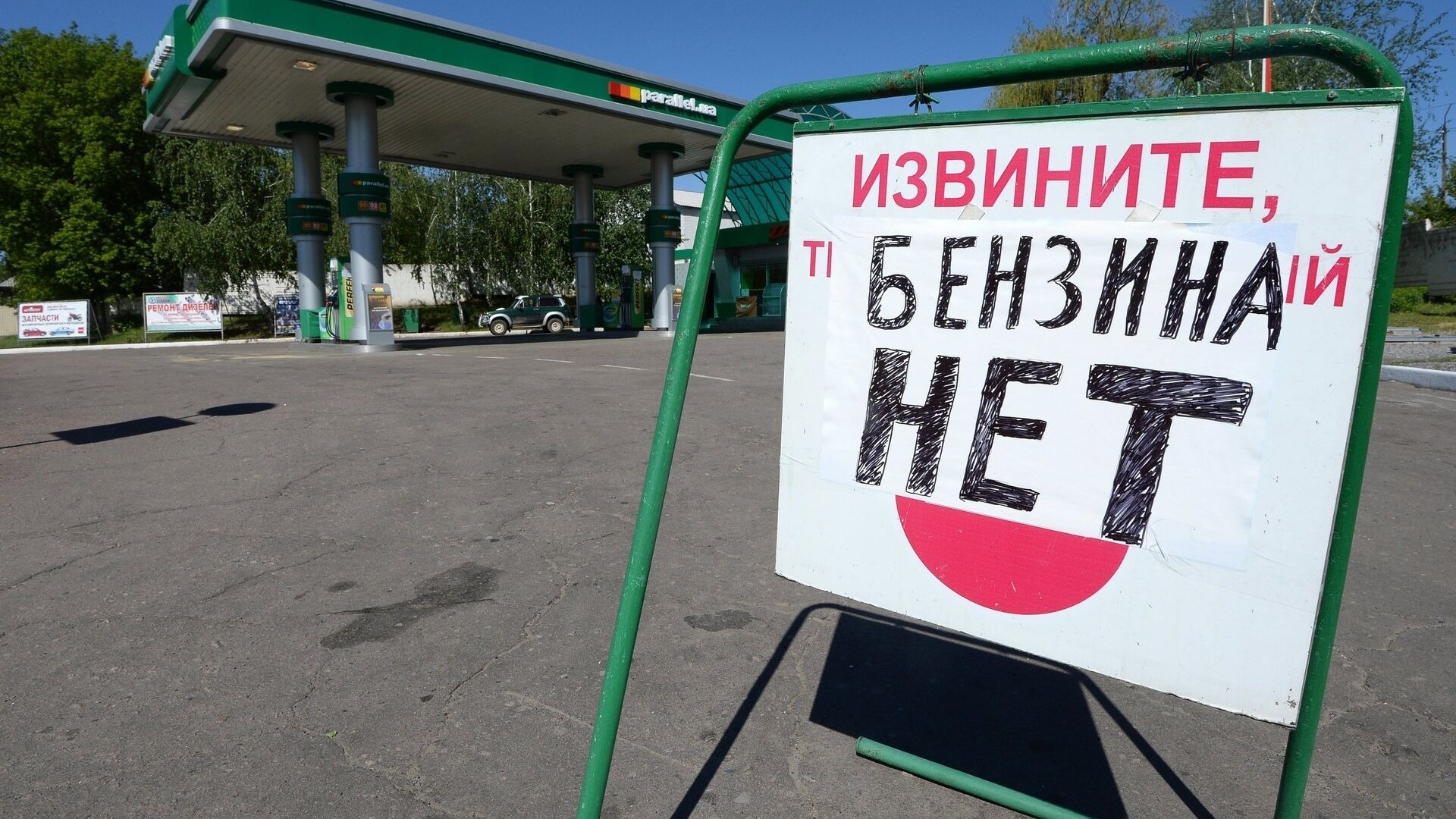
The answer to the deficit: how will the ban on fuel exports from Russia affect motorists
Russia, although it is often called a gas station country, has been left without fuel. This week, gasoline and diesel disappeared from the Gazprom Neft gas station in Omsk, the same network of gas stations cannot meet the demand in In Krasnoyarsk, in the Kostroma region, the hype demand at gas stations with the most humane price tag naturally led to a shortage of gasoline, there was no AI-95 gasoline at the Magistral gas station in Kazan for several days. And in the south of Russia, a shortage of fuel arose a month ago, which put the harvest in jeopardy.
To the incessant rise in prices in Consumers have long been accustomed to Russia. But the fuel shortage is something new. Until recently, there were a lot of different reasons for the problems that arose in the fuel market: planned modernization of refineries, increased demand, reduction of the damper by 50% (this is compensation from the state that refineries receive for selling fuel on the domestic market with low prices, and not on the foreign market with much higher prices).
But yesterday, Deputy Energy Minister Pavel Sorokin revealed his cards at a meeting of the State Duma: it turns out that half of all petroleum products (fuel also belongs to them) are exported. And the fuel damper mechanism does not work: Refineries really sell fuel on the domestic market, and intermediary companies are engaged in exporting. And it is impossible to exclude the possibility that these intermediaries specializing in exports are affiliated with oil giants. It turns out that formally all the rules are met, oil workers receive multibillion-dollar compensation (only in the first quarter of 2023 they amounted to 253 billion rubles), the market is saturated with fuel on paper, but in fact there is no gasoline and diesel at gas stations, and business is profiting from exports.
How to get rid of fuel shortages and rising prices
Traditionally, for more than a year, the Ministry of Energy of Nikolay Shulginov and the Federal Antimonopoly Service of Maxim Shaskolsky have been trying to combat the increase in fuel prices by increasing the supply of gasoline and diesel on the stock exchange: the more «fuel» is put up for auction, the lower the prices should be. So in August, manufacturers were obliged to sell on the stock exchange not 12% of their gasoline, as before, but 13%. For diesel, the standard increased from 8,5% to 9,5%.
But in practice, these standards have little to do with reality. For January–July 2023 on 5.014 million tons of gasoline were sold to the St. Petersburg International Commodity Exchange (SPbMTSB), which is 11,5% less than in the same period last year. And diesel sold 7,833 million tons — 6,5% more.
Despite the increase in exchange sales standards, fuel has been getting more expensive throughout 2023.
Gordian gas station node
Last summer, the government began to consider several options for solving the problem of excessive exports: the introduction of increased duties and the issuance of export permits only to refineries.
The head of Gazprom Neft, Alexander Dyukov, openly opposed the duties: he threatened an even greater shortage of fuel.
— As a mechanism, a protective duty on petroleum products in a short period can lead to an excess of fuel in the domestic market and a decrease in wholesale prices. But the consequences of this will be a decrease in the efficiency of the refinery and, accordingly, a decrease in refining volumes.
Pavel Sorokin also considers this mechanism ineffective, since it will hit bona fide exporters who do not violate quotas. The implementation of the export ban for intermediaries also faced problems: trading activities for refineries are often not specialized.
Therefore, the government decided to act radically and simply cut this Gordian knot of contradictions: Mikhail Mishustin signed a decree that temporarily prohibits all exports of gasoline and diesel fuel for everyone. An exception is made for deliveries to the EAEU countries under intergovernmental agreements, for humanitarian aid, transit transportation, the activities of the Armed Forces of the Russian Federation, for personal use and some other minor cases.
That is, if you go abroad by car with a can of gasoline or diesel, then customs officers should have no complaints. Such fuel export is allowed.
Will fuel become cheaper?
Stock quotes have already reacted to such measures. A ton of diesel on the stock exchange this week fell by 3,3% to 72290 rubles, a ton of AI-95 — by 10,8% to 67011 rubles, AI-92 — by 11% to 65652 rubles. But over-the-counter prices do not tend to go down. And this is the main volume of sales.
Earlier, NI found out that oil giants are forcing independent companies to leave the market. The largest companies can safely dictate their terms. And there is no guarantee that prices will not soar again after the export ban is lifted.